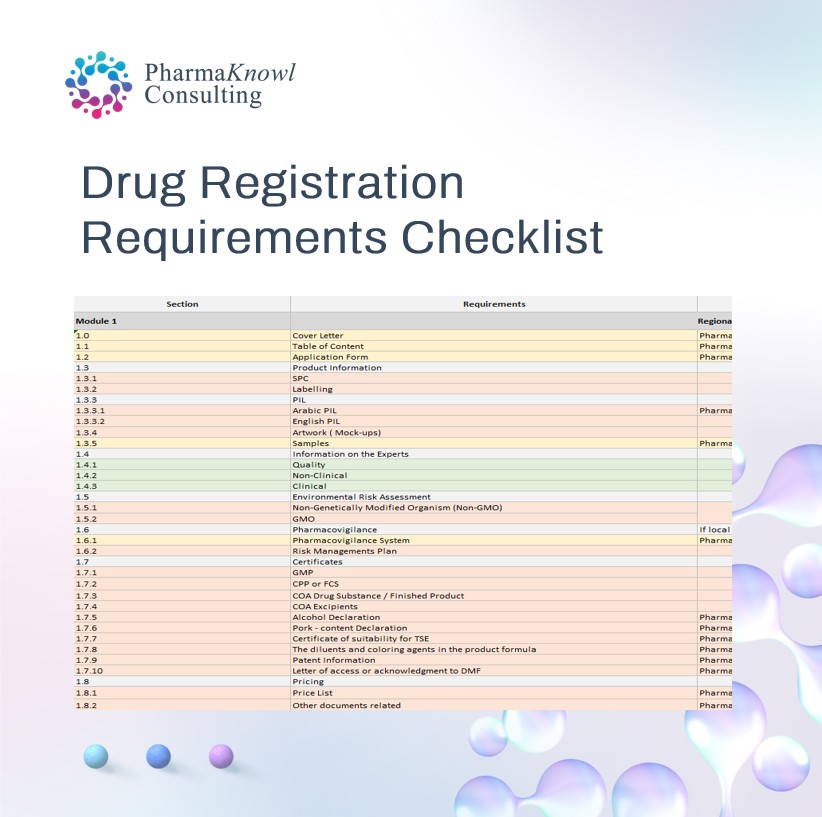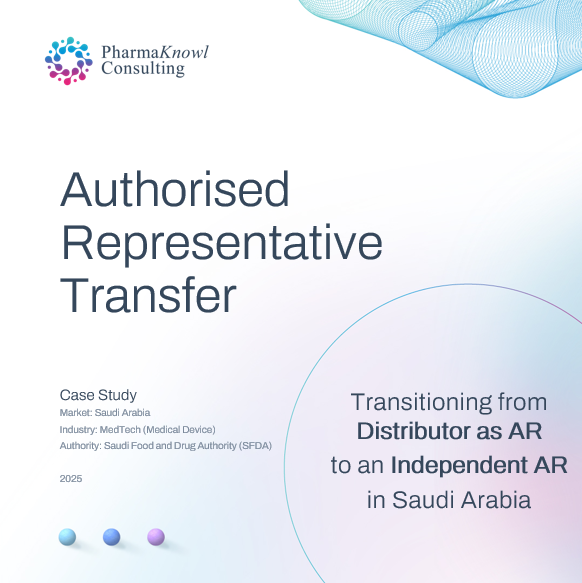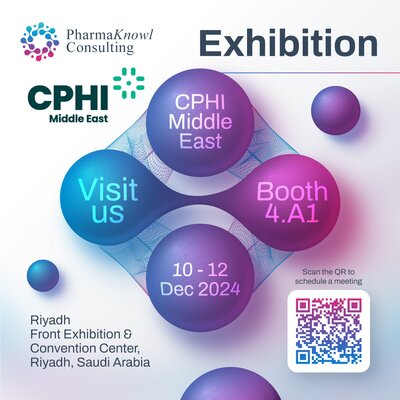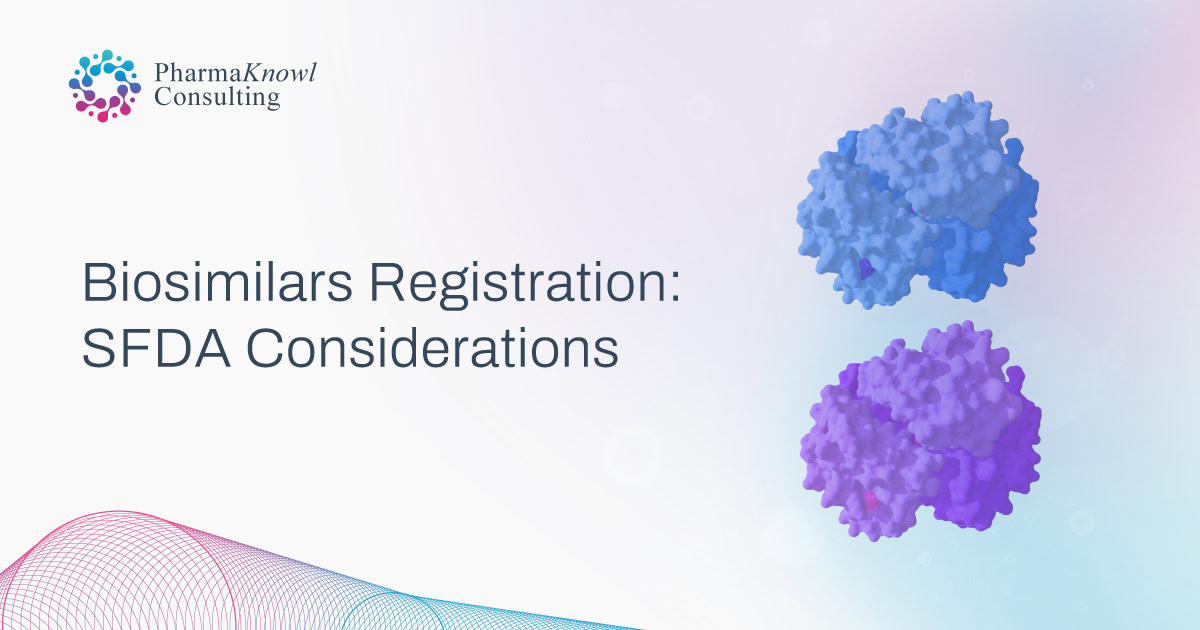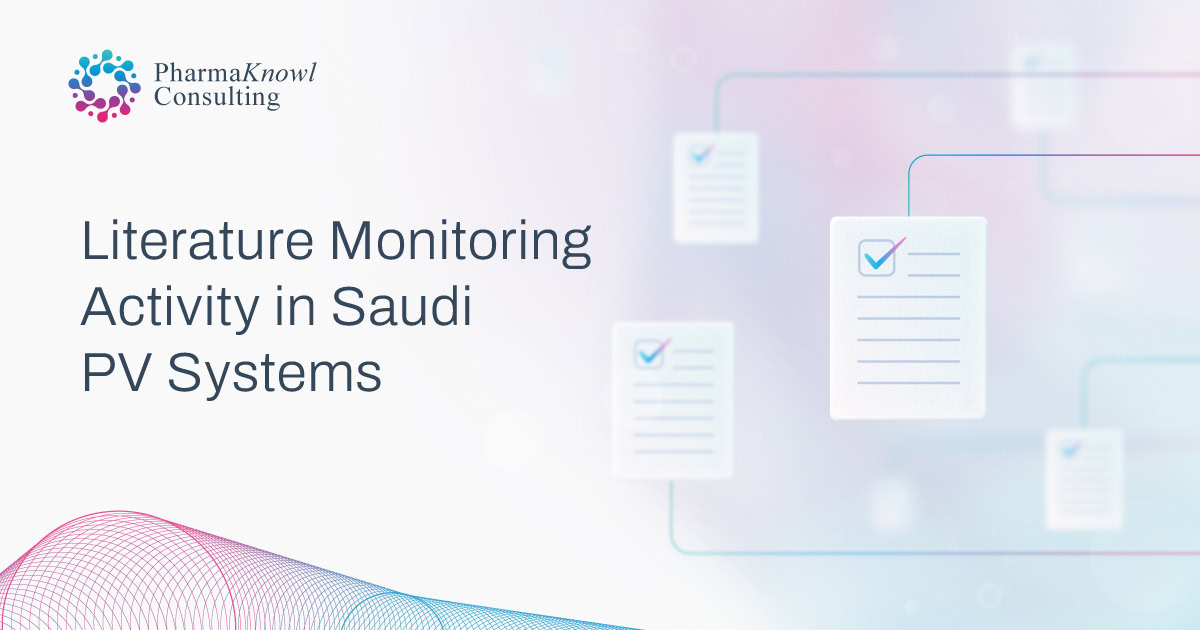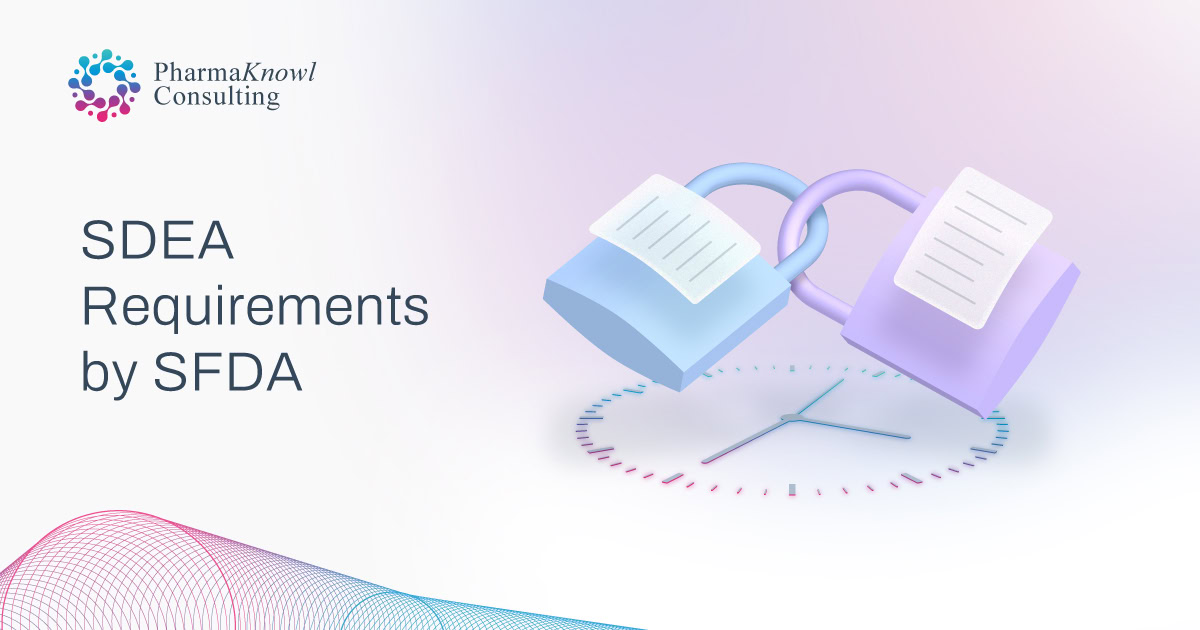
About the Author
Nouf Almadallah
Pharmacists, (Pharm D). Working as Qualified Person For Pharmacovigilance (QPPV) in PharmaKnowl.
The Safety Data Exchange Agreement (SDEA) is one of the essential pharmacovigilance requirements that the Saudi Food and Drug Authority (SFDA) enforce on marketing authorisation holders (MAH). This document shall be signed between the MAH and other parties, such as distributors and pharmacovigilance service providers. It is essential to prepare it before drug registration since SFDA requires this document before the appointment of a third-party QPPV.
The SDEA rules how safety data flows between the parties, defines responsibilities and sets the timelines that must be implemented accurately. This post outlines the most important articles that this agreement must include.
Table of contents
What is SDEA?
The SDEA is a legal document meant to outline the obligations and responsibilities of two or more parties concerning Pharmacovigilance (PV) activities. This agreement is required to set the procedures involved in safety data collection and reporting, such as Adverse Events (AE), and ensure full compliance with other pharmacovigilance aspects.
SDEA Types
The Safety exchange agreement can be signed between two, three, or more parties. For example:
- Two-party agreement: e.g. between the MAH and the PV service provider or the local agent (distributor).
- Three-party agreement: e.g. between the MAH, PV service provider, and the local agent (distributor).
Another example is between the MAH, the global PV service provider, and the local PV service provider.
SFDA Requirements in SDEA
Now that we have explained the types of the SDEA, let’s go through the most critical topics to be included in this agreement:
Parties Relationship
In this section, each party should clarify its roles in delivering PV activities and how it is organisationally connected.
Local QPPV
All the responsibilities performed by the Local Qualified Person for Pharmacovigilance (LQPPV) shall be listed here; examples may include:
- Acting as a single point of contact on a 24-hour basis.
- ICSR initial assessment (causality and seriousness).
- Implementation of local PV system.
- Having an overview of the safety profiles of the products covered by the SDEA.
- Providing input into preparing regulatory action in response to emerging safety concerns.
Local PV System
This section should clarify LQPPV’s role in creating, maintaining, and submitting the local Pharmacovigilance Sub-System File (PSSF) or local PSMF.
Reconciliation
This section should describe the reconciliation procedure in detail, including the parties involved, the type of safety information (e.g., the number of ICSRs received during the month, submitted PSURs, submitted RMPs, Regulatory Authority requests, etc.), and the timelines.
Timelines
To ensure compliance with SFDA timelines, signing parties should define the timelines for exchanging safety information. Examples may include:
- Timelines for forwarding received ICSRs from day zero.
- Timelines for providing the final E2B (R2) XML file for submission.
- Timelines for responding to Medical Information Inquiries.
- Timelines for responding to Regulatory Authority requests.
- Timelines for ICSR submission to SFDA must be up-to-date according to Saudi Good Pharmacovigilance Practice (GVP).
PSUR
To define each party’s responsibility in the processes related to creating the Periodic Safety Update Report (PSUR), its Saudi annexe, and the submission process to SFDA.
RMP
To define each party’s responsibility in the processes related to creating the Risk Management Plan (RMP), its Saudi annexe, and the submission process to SFDA. In addition to describing the RMP commitments’ implementation process, such as the additional Risk Minimisation Measures (RMMs).
Signal Management
This section should clearly describe the role of local QPPV in local and global signal management. The SFDA emphasises implementing a reconciliation procedure between the MAH and the local QPPV, including the signal detection activity outcomes. This is required even if no signals were detected. This is in addition to including the SFDA submission timelines of the validated signals as per Saudi GVP.
Literature Monitoring and Regulatory Intelligence
To define each party’s role in the process of global & local literature monitoring as well as Regulatory Intelligence screening.
Medical Information Inquiries
Describe the process of handling medical information (MI) inquiries, whether associated with ICSRs or not and identify each party’s roles and responsibilities related to this process.
Quality Complaints
Describe the process of handling Product Quality Complaints (PQC), whether associated with ICSRs or not, in addition to identifying each party’s roles and responsibilities related to this process.
Training
The SDEA shall describe the process of the annual PV training for the local employees who might receive safety information and the inclusion of the PV training in the induction procedures of new employees.
Audit
The SFDA requires the MAH to state in the SDEA that they have the right to audit their local PV service provider to ensure their capability of handling PV activities and compliance with local laws and regulations. Therefore, the audit process shall be detailed, including the frequency during the contractual period.
Inspection
To define each party’s responsibility during SFDA PV inspection.
Quality
Include a description of the corrective action, preventative action (CAPA), and deviation management process.
Products list
To include the scope of products covered by this agreement in a detailed list reflecting the generic name, brand name, and SFDA registration number.
Territories
Territories that fall under the scope of the agreement.
Safety Contacts
Addition of updated safety contact information for personnel from each party.
Responsibilities Matrix
The SFDA requires adding a summary table highlighting each party’s primary roles and responsibilities at the end of the SDEA agreement.
SDEA with PV Service Provider
In November 2022, The SFDA National Pharmacovigilance Center (NPC) released an updated version of the GVP that mandates MAHs to obtain SFDA pre-approval before outsourcing PV activities to a third-party service provider. The pre-approval can be obtained by submitting the SDEA to the SFDA before the appointment of the local QPPV.
Conclusion
Having a well-established agreement will ensure compliance with local laws and regulations. Furthermore, the topics included in this article are considered significant aspects of handling PV activities. However, MAHs should consider including other activities or areas that apply to their post-marketing surveillance activities.
Read More

